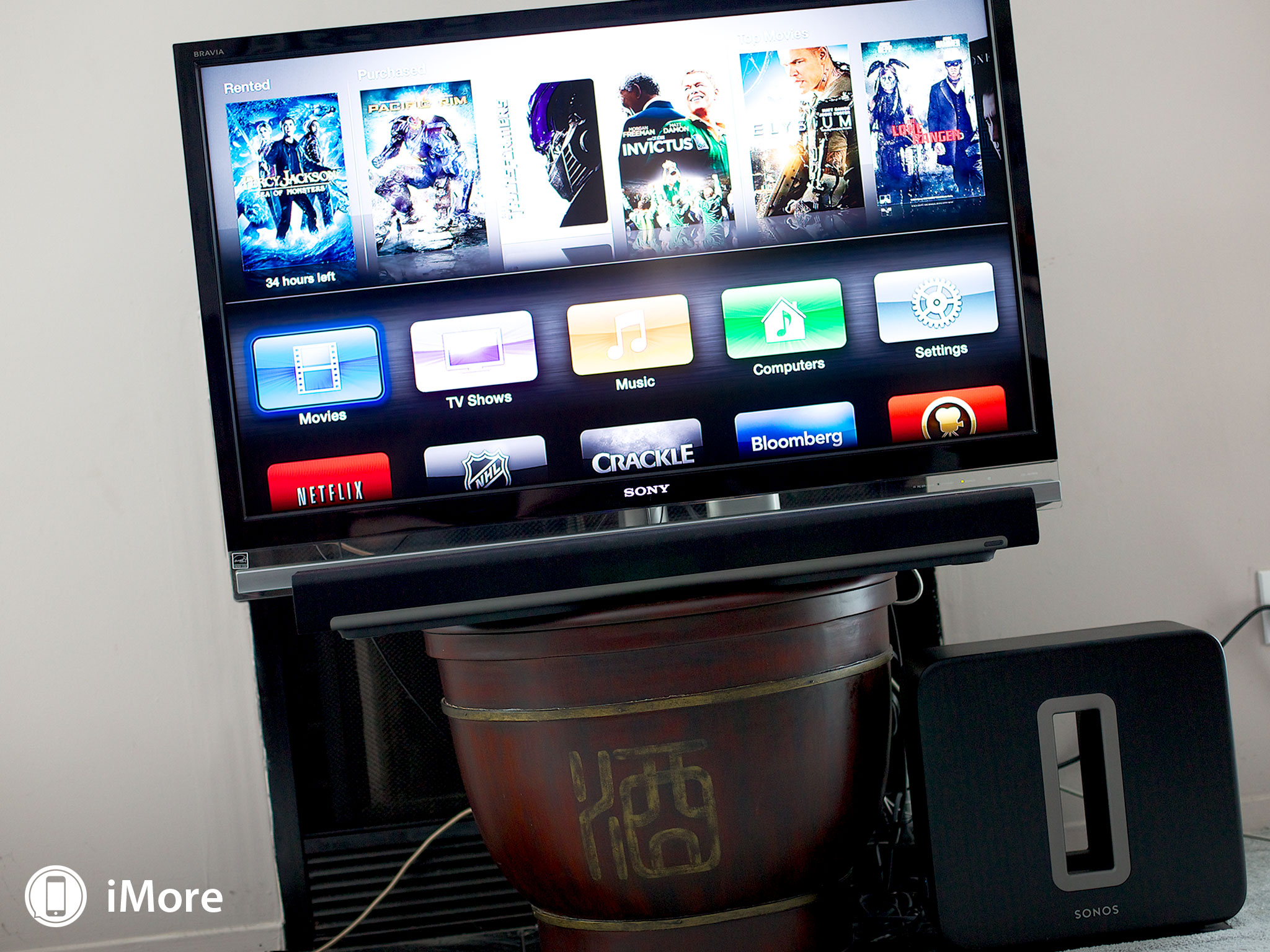Apple shows how to spend billions of dollars — the smart way
Being the world’s largest technology company has its perks, including a stream of almost limitless cash. But the law of large numbers also starts to kick in, and a company of Apple‘s size doesn’t seem capable of doing super productive things with all this money.
Tim Cook seems to be implementing an intelligent two-pronged strategy to use the cash. Part one is to return some of the cash to shareholders. Apple now pays a healthy dividend of about 2{813a954d5e225a1509f22204ece89c855080ce25555f20805f61bed63cbfde3b}, or $1.88 per year. They’ve also bought back a bunch of stock. Buying back your own stock is effectively the same as returning money to shareholders because the buyback decreases the number of shares outstanding. The reduced share count means that earnings per share (EPS) goes up. When EPS goes up the share price usually follows.
But Apple’s stock price is up 77{813a954d5e225a1509f22204ece89c855080ce25555f20805f61bed63cbfde3b} in the last 15 months, as explained by Bloomberg. Apple seems to have great timing. The stock climbed more than 25{813a954d5e225a1509f22204ece89c855080ce25555f20805f61bed63cbfde3b} after the early 2012 share buyback, and another 32{813a954d5e225a1509f22204ece89c855080ce25555f20805f61bed63cbfde3b} following the 2013 buyback.
We should have expected at least a small percentage gain driven by the mechanics of the buyback (and the resulting EPS increase), but Apple actually seems to have a really good handle on when its stock is worth buying. Investors often look at stock buybacks as a signal of confidence from management. But sometimes management holds onto unrealistic, unsupported confidence. Not all C-level management teams know how to time their own stock. Cook and team certainly don’t seem to have this problem.
The second strategy seems to be vertical integration. As Fortune explain , Apple is continuing to act in keeping with Steve Jobs’ desire to control the primary technology behind everything they do. Over the past few years Apple got a lot of attention for its successful use of ARM-based chips in iOS devices. And now this week … Apple has flipped the switch on its own gigantic content delivery network (CDN).
What does it mean, long term, for Apple to have its own delivery mechanism for content? Could it be meaningful for Apple to escape its past reliance upon Akamai and Level 3? I’m honestly not sure. But I think if Apple feels it needs to spend $100 million (so far) building this network, there must be a bigger picture reason beyond the distribution of iOS and MacOS updates. Otherwise they could equally well argue that they need to own Tesla Motors so their employees can safely get to and from work. There has to be something more to this … something that is expected to scale to such a degree that Apple really wants to control the technology all by itself. Let the speculation begin.
Apple is a giant, and it’s nice to see that the company is making good strategic use of its capital.
![]()







